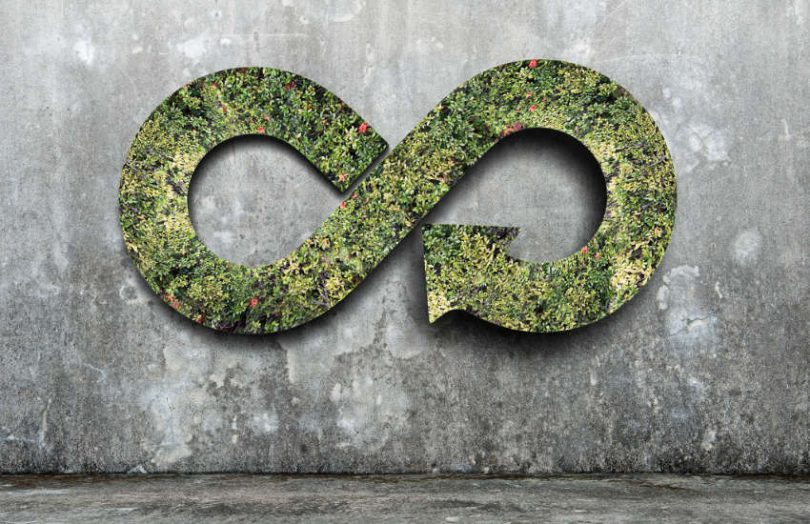Dutch startup Circularise announced yesterday that they are to partner with four other organizations to build a blockchain-based Circular System for Assessing Rare Earth Sustainability (CSyARES). This project will be funded by EIT RawMaterials and will include joint innovation from partners BEC GmbH, Grundfos, Minviro, and the global Rare Earth Industry Association (REIA). The initiative aims to improve the transparency and sustainability of Rare Earth Metal supply chains – materials that are increasingly used in manufacturing.
Although not technically rare in abundance, these elements usually occur in dispersed deposits, making economically-viable mass mining difficult. They have individual electronic and magnetic properties, which make them ideal for complex electrical products. For example, Yttrium and Lanthanum are used in batteries, so become very relevant for the production of electric vehicles. Despite their varied and arguably irreplaceable usage, these elements are not particularly recognizable to the general public.
Rare earth minerals could play a role in trade wars going forward. China controls roughly 85% of rare earth minerals. A White House report on sustainable supply chains predicted that demand for rare earth minerals will surge over the coming two decades as the world shifts to climate-friendly practices. It mentioned a Department of Defense investment in a rare earth mine outside of China. “China was estimated to control 55 percent of global rare earths mining capacity in 2020 and 85 percent of rare earths refining,” the report states.
The project led by Circularise aims to progress the transparency of the Rare Earth Metal supply chain by improving sustainable practices such as effective e-waste recycling. One of the focuses is integrating current standards from the REIA and Minviro’s Life Cycle Assessment tool into the existing blockchain software that Circularise uses to improve traceability and transparency.
Water pump firm Grundfos and robotics specialist BEC GmbH will test the business model and supply chain, measuring the environmental impact of both. The combination of these industry partners will encourage sustainable practices at all levels of the supply chain. And the ultimate aim is a circular economy.
“With CSyARES, we see a big potential in developing solutions for suppliers, brands, and industry as a whole to measure, understand and reduce the climate impact of Rare Earth Metals,” said Jordi de Vos, Circularise’s Founder.
Meanwhile, Circularise has been using its blockchain solutions to track various other materials. It attracted EU Horizon 2020 funding for plastic traceability where the plastics are twinned to the blockchain using several types of identifiers such as QR codes, RFIDs, NFC, chemical tracers, and DNA. Porsche is experimenting with the solution, as is Japan’s Marubeni.






